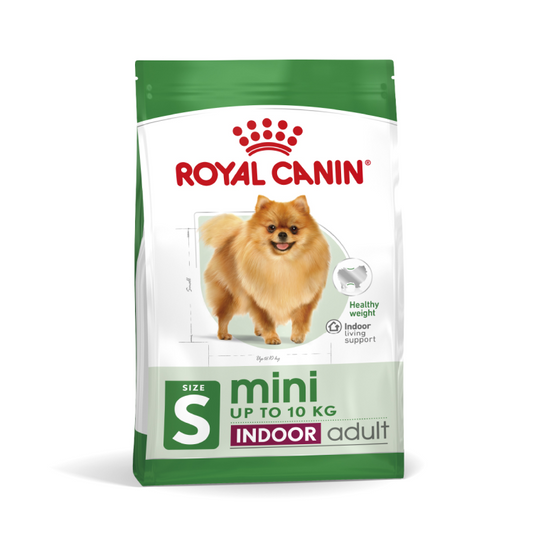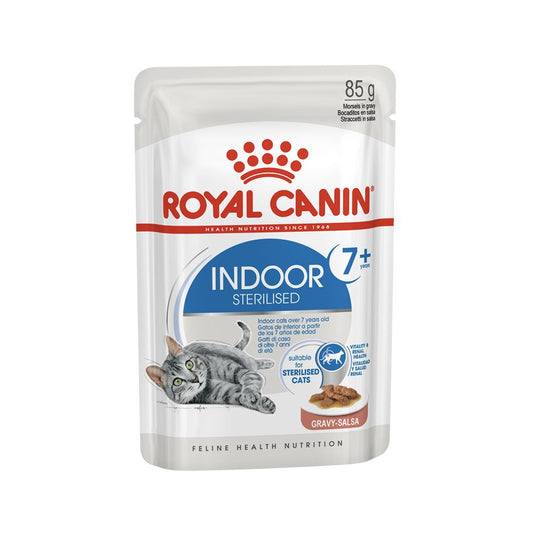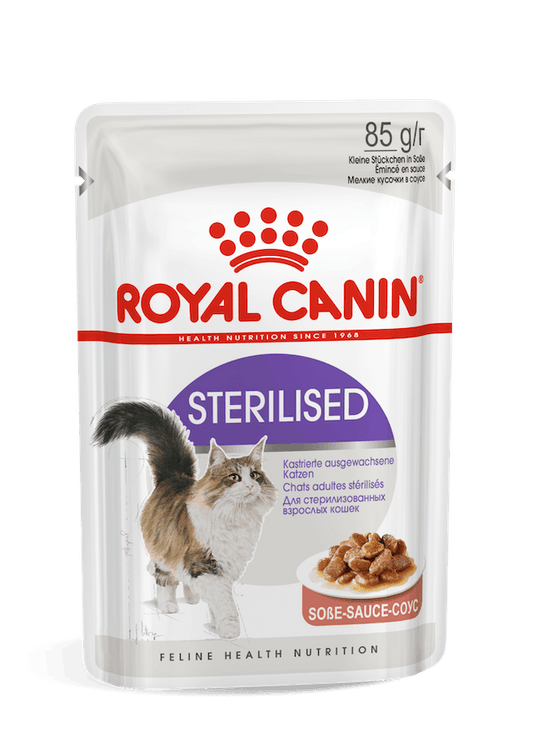An upset stomach is very common among humans but equally common among dogs. We can speak and notify others but dogs can’t and that is why as a canine parent it is your duty to watch your dog so that you can identify the symptoms of the problem and cure it immediately.
We agree that many people prefer home remedies before visiting a vet for such problems but for that, you need to know which is the right home remedy for your furry friend.
In this blog, we will understand why dogs experience digestive problems and how we can cure them. But let’s start with the ‘why’.

Digestive Problems: Why And The Symptoms
Eating something they shouldn’t
This is one of the most common reasons why dogs have an upset stomach. It is important to assess if your dog has consumed a plant (either indoors or outdoors), any food that may have fallen on the ground (such as a grape) or has recently been exposed to other toxic substances or poisons.
Food allergies or medication reactions
If you observe that your dog falls ill immediately after consuming specific foods or receiving medication, it is advisable to consider conducting allergy tests. These tests will help in identifying the allergens responsible for the reactions and determining any potential food allergies or medication reactions that your dog may have.
Intestinal parasites
Regrettably, dogs and puppies often contract parasites after consuming food that is contaminated, consuming water that is contaminated, or licking surfaces that are contaminated. If your dog has visited a public park, attended doggy daycare, or interacted with an infected dog, it would be wise to consider getting a faecal test to detect any potential parasites.

Changing food suddenly
Certain dogs have delicate digestive systems that are unable to tolerate sudden alterations. For instance, transitioning from a dry dog food diet to a raw food diet in a single meal could result in some dogs experiencing episodes of diarrhoea or loose stools. If you have recently made an abrupt switch in your dog's diet, it may be the cause of stomach problems.
Acute pancreatitis
If your dog consumes a large amount of fat rapidly, there is a possibility that they may develop pancreatitis. This condition leads to inflammation of both the liver and pancreas in your dog. As pancreatitis is a serious condition, it is advisable to consult a veterinarian without delay if you have any concerns.
Motion sickness or vestibular episodes
Dogs often experience motion sickness, balance problems, and vestibular disease. If your dog tends to get car sick, frequently loses their balance, randomly falls, or tilts their head, they may be experiencing dizziness due to balance issues.

Symptoms To Identify Digestive Issues in Dogs
The primary indicators of an upset stomach in dogs typically include diarrhoea and vomiting. Additionally, if your dog feels nauseous, you might observe him consuming grass as a means to alleviate his stomach discomfort or attempting to induce vomiting.
Keep an eye out for other indications of an upset stomach in dogs, such as:
- Decreased appetite or loss of appetite
- Fatigue
- Drinking less water
- Seeming depressed
- Looking uncomfortable and stretching more often
- Gulping to combat reflux
- Licking their lips, the air, or objects
Now finally, let’s discuss how to cure it with home remedies.
Home Remedies To Cure A Dog With Upset Stomach
If you suspect that your dog is experiencing an upset stomach, but it is not a severe or life-threatening condition, there are various home remedies you can attempt. These uncomplicated measures frequently alleviate your dog's upset stomach without requiring you to venture outside of your home.
Keep your dog hydrated
If your dog is experiencing vomiting and diarrhoea, it's crucial to keep them hydrated. Give your dog ice chips every 2-3 hours and gradually increase the amount if they can keep it down. Offering water alone may not be sufficient as dogs need electrolytes and vitamins to retain fluids. Consider giving your dog Pedialyte or a powdered solution mixed with water from an animal feed store.
Ginger
Ginger is a simple solution for a dog's upset stomach and motion sickness. Boil fresh ginger root in water, let it cool, and let your dog drink it. You can also try sugar-free ginger snap cookies as treats, giving two cookies to a medium-sized dog to ease their belly.
Temporarily Withhold Food
In cases where the gastrointestinal system is disturbed and attempting to remove something, providing additional substances is not beneficial. That is why it is a widely used approach to refrain from feeding a dog with an upset stomach for 12-24 hours.
This allows the system to rest and recuperate. However, it is important to consult your veterinarian before implementing this method, as certain breeds may not tolerate fasting as effectively as others.
Bland Diet
Frequently, a plain diet is administered following a fasting period. Common bland options for canines typically consist of unseasoned, thoroughly cooked chicken and plain white rice.
These food choices are gentle on your dog's digestive system, making them suitable for dogs with sensitive stomachs. It is important to cut the chicken into small portions to prevent choking incidents.
Additionally, it is advisable to consult your veterinarian before introducing any kind of bland diet to your dog, as obtaining their approval is always recommended before offering human food to your pet.
Rice
Dogs with an upset stomach generally find white rice to be easily digestible. To enhance its advantages and improve the taste, a small amount of pumpkin can be incorporated.
Bone Broth
Giving your dog bone broth is an effective method to calm their upset stomach while simultaneously providing hydration and a nutritional boost. This liquid meal is gentle on your dog's digestive system, similar to how we often choose to consume broth or chicken soup when we're unwell.
Additionally, bone broth helps replenish the electrolytes that your dog may have lost due to vomiting.
Probiotics
The gut of your dog is a sophisticated microbiome that contains both beneficial and harmful bacteria. An imbalance in this bacterial composition can lead to digestive problems. To promote a healthy gut microbiome in your dog, you may want to consider providing them with a probiotic supplement.
FAQ: Dog’s Upset Stomach
Can a dog recover from an upset stomach?
Typically, mild instances of gastroenteritis tend to resolve within a span of one to two days. However, if your dog is experiencing excessive vomiting or frequent episodes of diarrhoea, there is a risk of them becoming unwell due to dehydration.
As the owner, you have the best understanding of your dog's condition. If your dog does not exhibit the aforementioned symptoms but you still have concerns, it is advisable to get in touch with your veterinarian for further guidance.
What is a good home remedy for dog food poisoning?
Including ingredients such as rice, yoghurt, cooked chicken, bone broth, and pumpkin puree can be advantageous in promoting a healthy balance of gut bacteria and enhancing digestion. Moreover, broths and soups are abundant in beneficial nutrients like bone marrow, protein, and minerals, making them not only nourishing but also highly hydrating.
Does milk help with dog poison?
In the majority of poisoning situations, milk is not likely to be beneficial and can even exacerbate the problem. Giving milk to most pets, who are often lactose intolerant, can result in or worsen symptoms of stomach upset. Therefore, inducing vomiting is always recommended.
Conclusion
Taking care of your dog's health is crucial, and understanding if they have an upset stomach is an important part of that. By being aware of the common symptoms such as vomiting, diarrhoea, and loss of appetite, you can quickly identify if your furry friend is experiencing any discomfort.
Additionally, knowing the possible causes like dietary changes or food allergies can help you prevent future episodes. When it comes to treatment, there are several home remedies you can try, such as a bland diet or probiotics.
However, it's always important to consult with your veterinarian for a proper diagnosis and guidance on the best course of action. Remember, your dog's well-being should always be a priority, so stay vigilant and attentive to their health needs.






